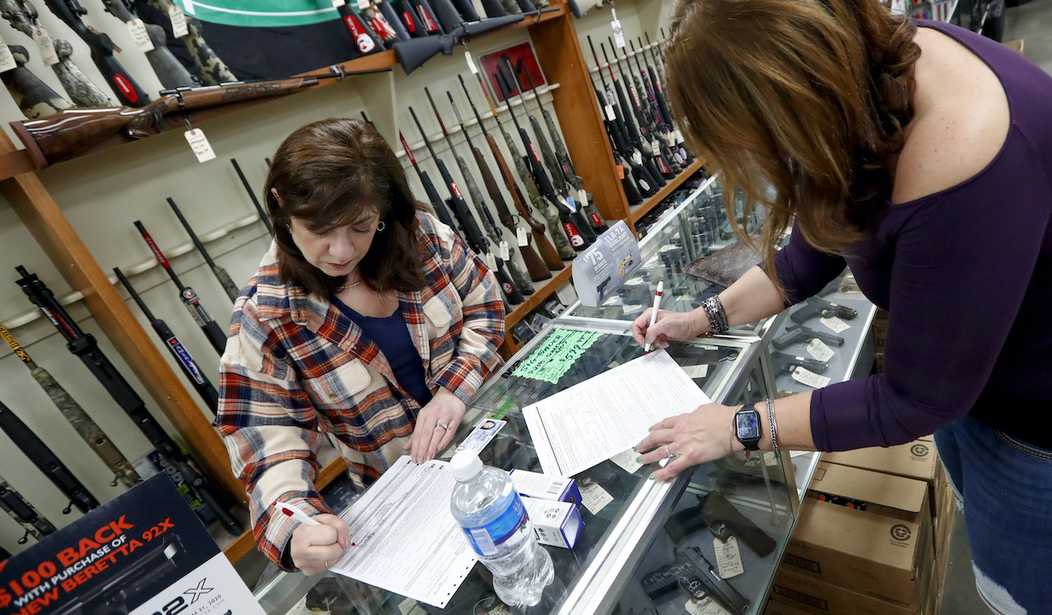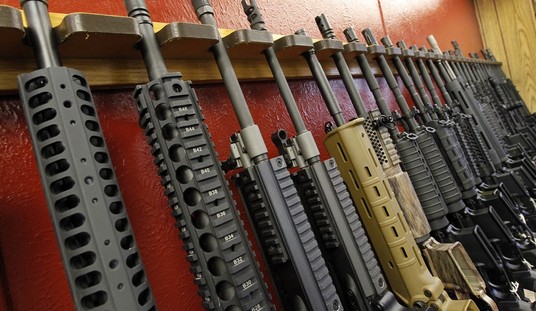The Second Amendment Foundation is weighing in on a lawsuit that challenges two of Hawaii’s draconian gun control laws, and in a new amicus brief filed with the Ninth Circuit Court of Appeals calls the provisions in question a case of “malicious compliance” with the Constitution.
Under current law, those wishing to legally purchase a firearm in Hawaii have to jump through some extraordinary hoops before they can exercise their right to keep and bear arms. First, the would-be buyer has to trek down to their local police department and apply for a permit that “allows” them to buy a gun. There’s a 14-day waiting period attached to the background check process for the purchase permit, which already is problematic. It gets even worse from there, however. Once they have their permit in hand, the buyer has to go to the gun store within ten days if they’re buying a handgun (they have a year if they’re trying to purchase a long gun), go through another background check, and then after the purchase has been completed bring their firearm to their local police department for inspection. Miss a step? You’re now a criminal.
The good news is that a U.S. District judge found Hawaii’s rule to be incompatible with the Second Amendment, noting that the state had failed to demonstrate “any evidence of a legitimate government interest – and/or – an appropriately tailored regulation to address even its inchoate rationalizations”, as the amicus brief authored by veteran Second Amendment attorney Don Kilmer notes. The bad news is that the case is now in the hands of the Ninth Circuit, which has not once overturned a gun control law in the nearly 15 years since the Supreme Court handed down its decision in Heller making it clear that the Second Amendment protects an individual right to keep and bear arms.
Kilmer’s brief, authored on behalf of the SAF and the Madison Society Foundation, argues that these onerous and obtuse regulations deserve no legal protection because they are designed to inhibit the exercise of a constitutionally-protected right. Kilmer notes the similarities between Hawaii’s permit-to-purchase legislation with a Virginia law that forced residents to pay a poll tax or produce a certificate of registry or else lose their right to vote. The Supreme Court struck down that law in a case called Harman v. Forsennius, and Kilmer argues the only appropriate remedy is for the Ninth Circuit to do the same and uphold the trial court’s decision.
The parallels to this case are vivid. While the Harman Court acknowledged that election integrity was a valid government interest, it rejected Virginia’s regulations when there was a less burdensome device for addressing that interest. The Court equated (while rejecting) the annual “re-registration” process imposed on voters (or having to pay the poll tax) as tantamount to a forfeiture of the right to vote.
“We are thus constrained to hold that the requirement imposed upon the voter who refuses to pay the poll tax constitutes an abridgment of his right to vote by reason of failure to pay the poll tax.” Id., at 542. In other words, the rote requirement of compelled annual re-registration and proof of residency violated a fundamental right.
Hawaii’s gun-buyer I.D. regulation presents a similar Hobson’s (take it or leave it) Choice and is thus similarly flawed. Paradoxically a person seeking to exercise a fundamental right to acquire a long gun in Hawaii must comply with the same regulation that was struck down in Harman – annual re-registration to exercise a fundamental right. The regulation addressed to long guns is not at issue in this appeal.
The question amici urge this Court to consider is this: If annual re- registration to vote is too onerous under Harman, then how much more
burdensome is Hawaii’s ad hoc, redundant, and convoluted scheme for constant re-registration and inspection when purchasing a handgun? After all, parallel rights should be accorded parallel scrutiny. There is only one conclusion: Hawaii’s regulatory hoops for exercising a fundamental right are illusory and fail to meet any standard of review.
Hawaii’s purchase permit law seems designed to make buying a gun so burdensome that many residents will simply choose to forego exercising their Second Amendment rights rather than attempt to comply with the “convoluted scheme.” It’s certainly not mean to have any effect on violent criminals, none of whom are showing up at their local police department to let officers inspect their illegally-acquired firearms.
This should be an easy call for the Ninth Circuit, but given the fact that they’re something like 50-for-50 in upholding gun control laws since the Heller decision was handed down, I fully expect the appellate court to ultimately uphold Hawaii’s law. I would love to be wrong, and I’ll be happy if that’s the case, but for now I just haven’t seen much evidence that the Ninth Circuit is willing to admit that the Second Amendment is a real right deserving of protection against attempts at infringement on the part of any level of government. This is the same court, remember, that declared the Second Amendment doesn’t protect the right to bear arms, either openly or concealed, so ruling in favor of Hawaii’s bureaucratic barriers to gun ownership would be well in line with the disrespect the Ninth Circuit has shown to the Second Amendment over the years.








